




The Armenian armed forces broke the ceasefire at midday on July 12, 2020, in order to seize positions in the Tovuz region of the Azerbaijani-Armenian border, conducted another military provocation, and attempted to attack by firing on our positions.
The onslaught was thwarted throughout the fighting, which lasted many days, and the enemy was dealt terrible blows.
As a result of our army’s retaliatory actions, the enemy was forced to retreat, resulting in heavy casualties. About 100 enemy men were destroyed by our forces, as well as a big number of military vehicles.
During the fight with the enemy, Azerbaijani Army soldiers and officers were also heroically killed.







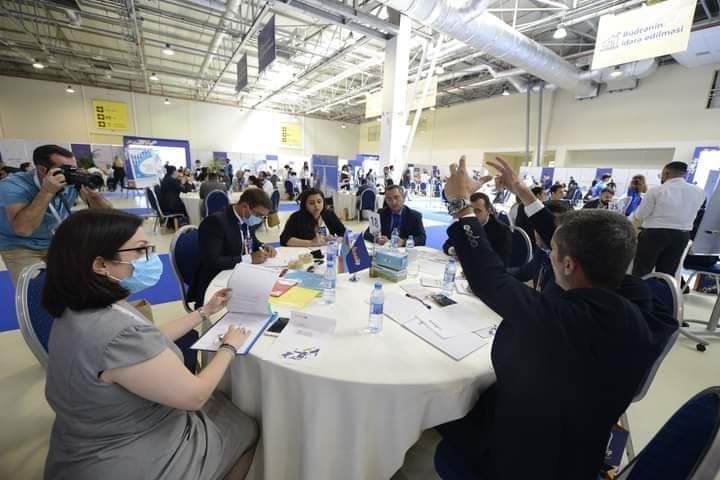



According to the terms of the competition, applications were accepted for participation of persons with higher education and aged 21 to 51 years, where 10,000 people were registered. The knowledge and skills of the participants were tested, as a result of which up to 300 participants moved to the semifinals. It is very encouraging that the director of the economic department of the Complex Ayaz Agayev also participates in the semifinals, which is among the 300 semifinalists. We are proud and congratulate our employee and wish success at this stage.
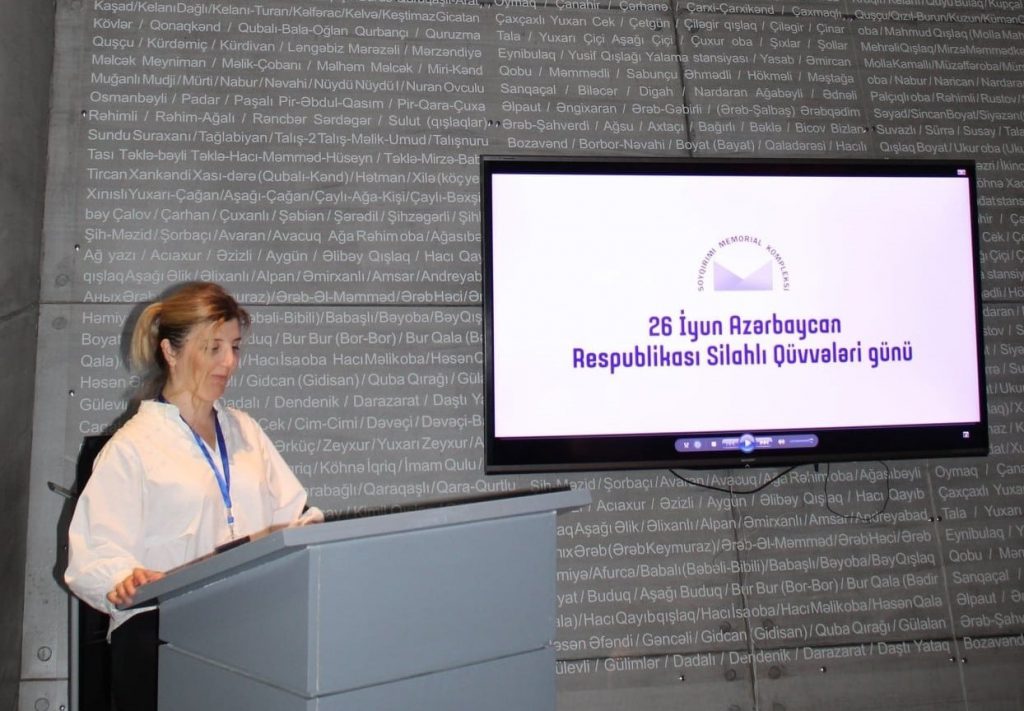
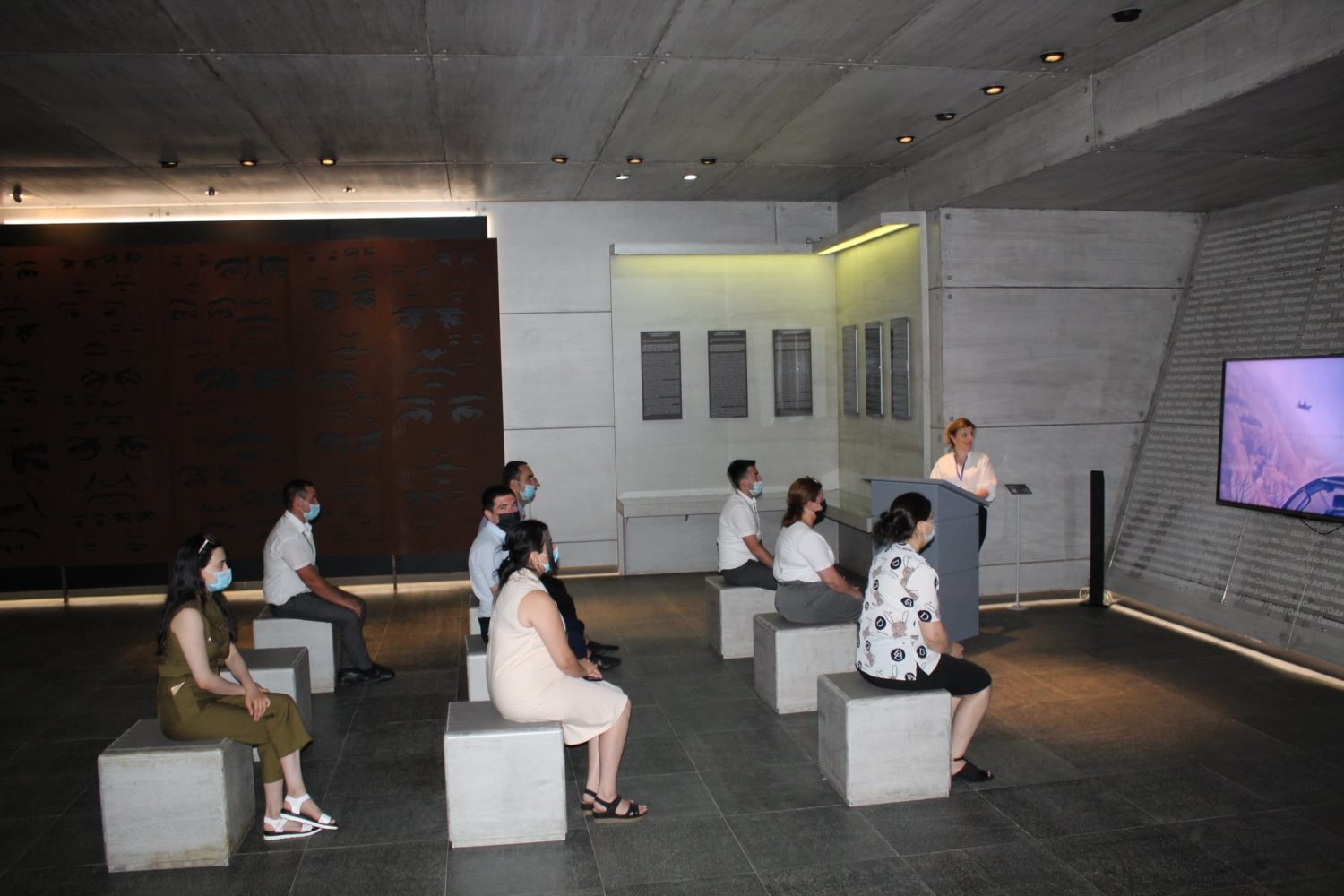
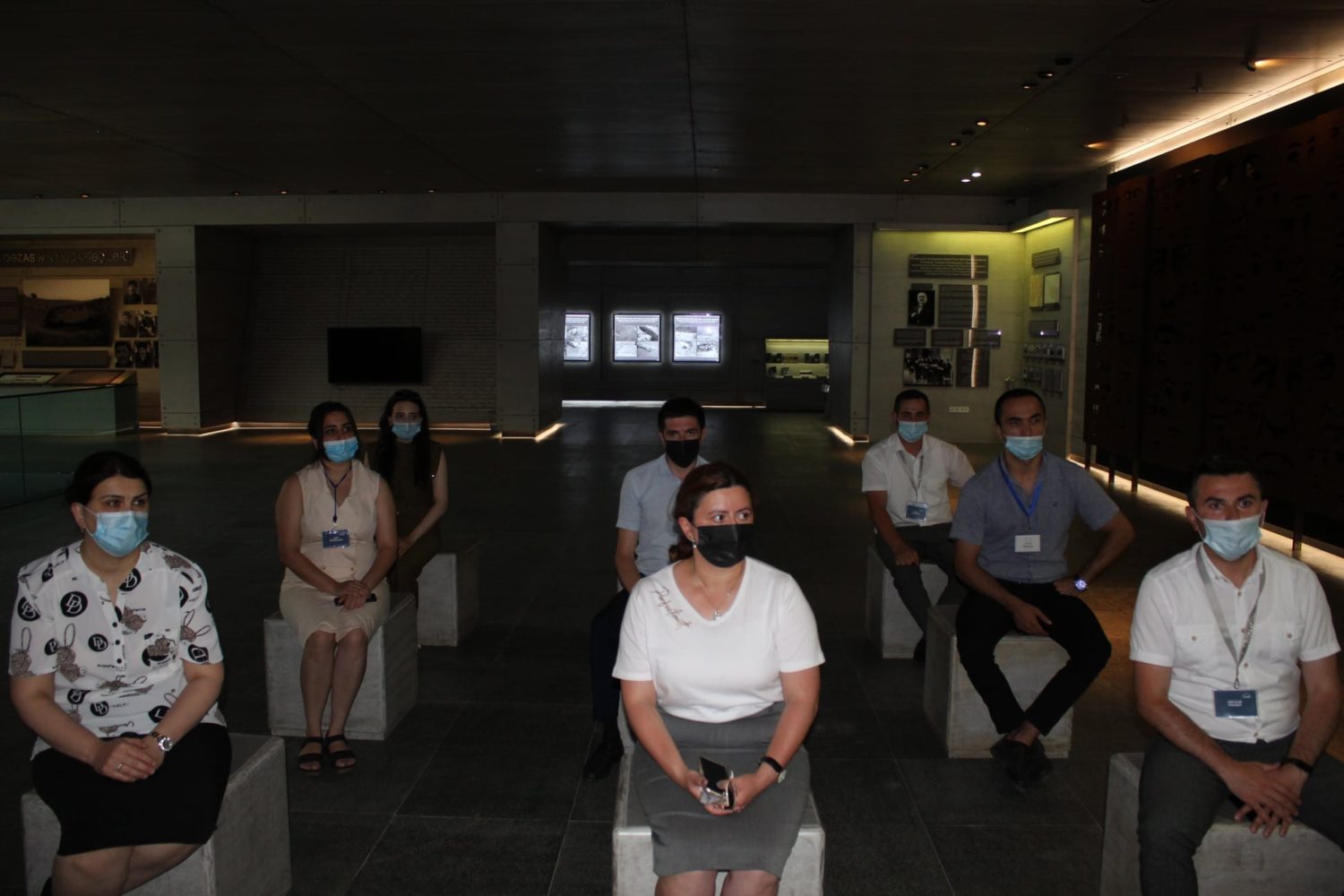
Thus, the Museum of the Complex organizes educational seminars on significant and historic days for both employees and visitors who want to participate by announcing at a pre-determined time. The next seminar dedicated to the “Armed Forces Day of the Republic of Azerbaijan on June 26” was held today. First, a video on the history of our Armed Forces was shown at the seminar, and then “Our National Army is our Pride!” Ulker Zeynalova’s report on the topic was heard.
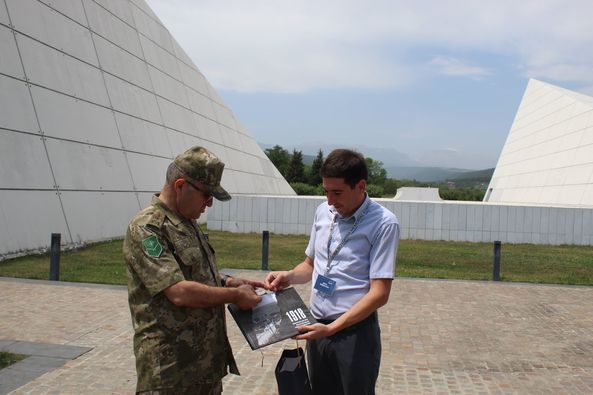





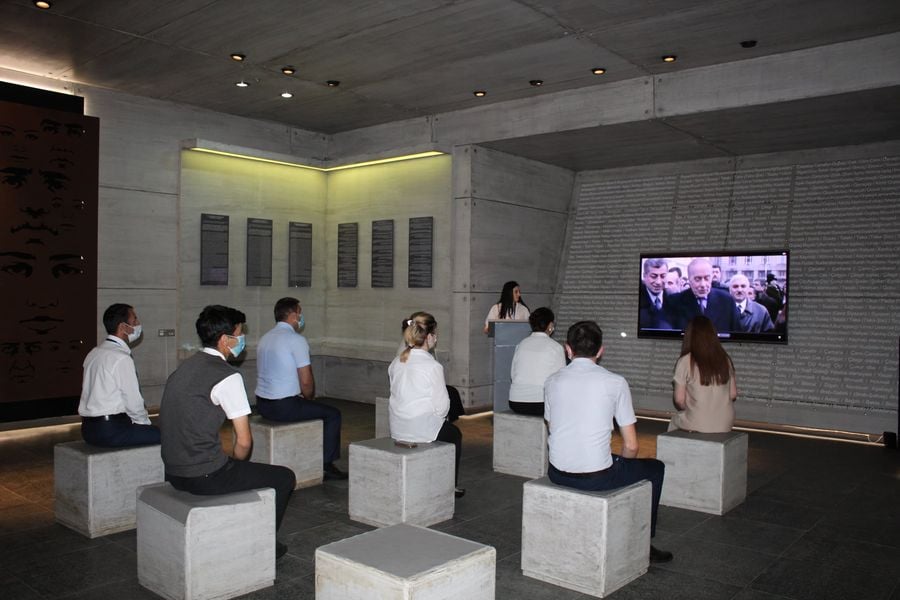
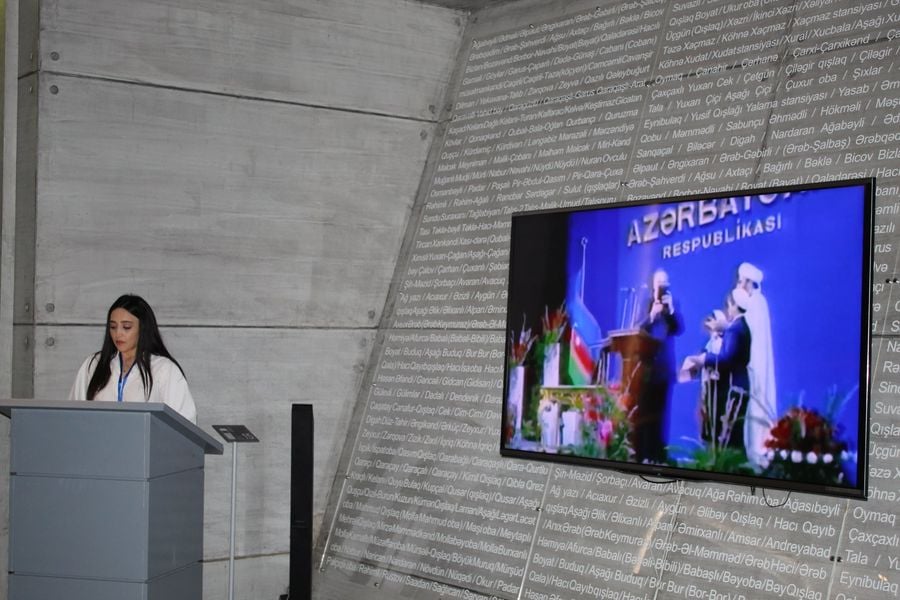
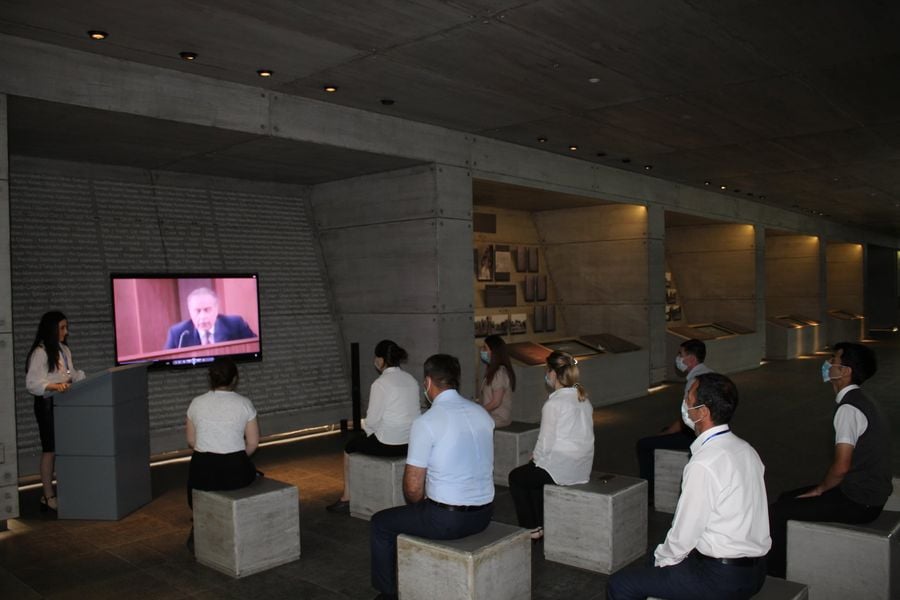
At the seminar, the staff of the complex demonstrated a video film and then heard a report on the topic “Activities of the Great Leader Heydar Aliyev on the path of strengthening our independence.”